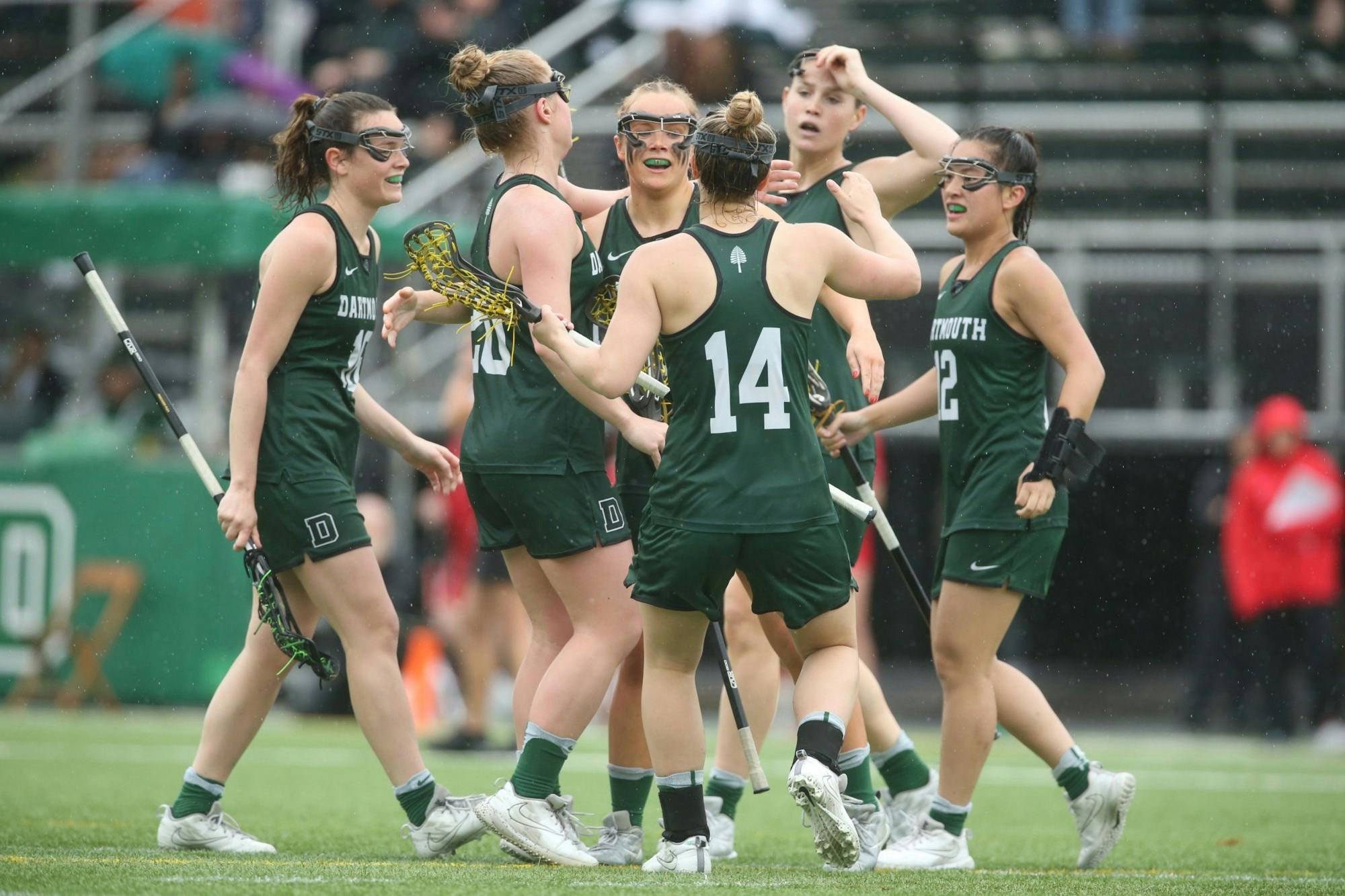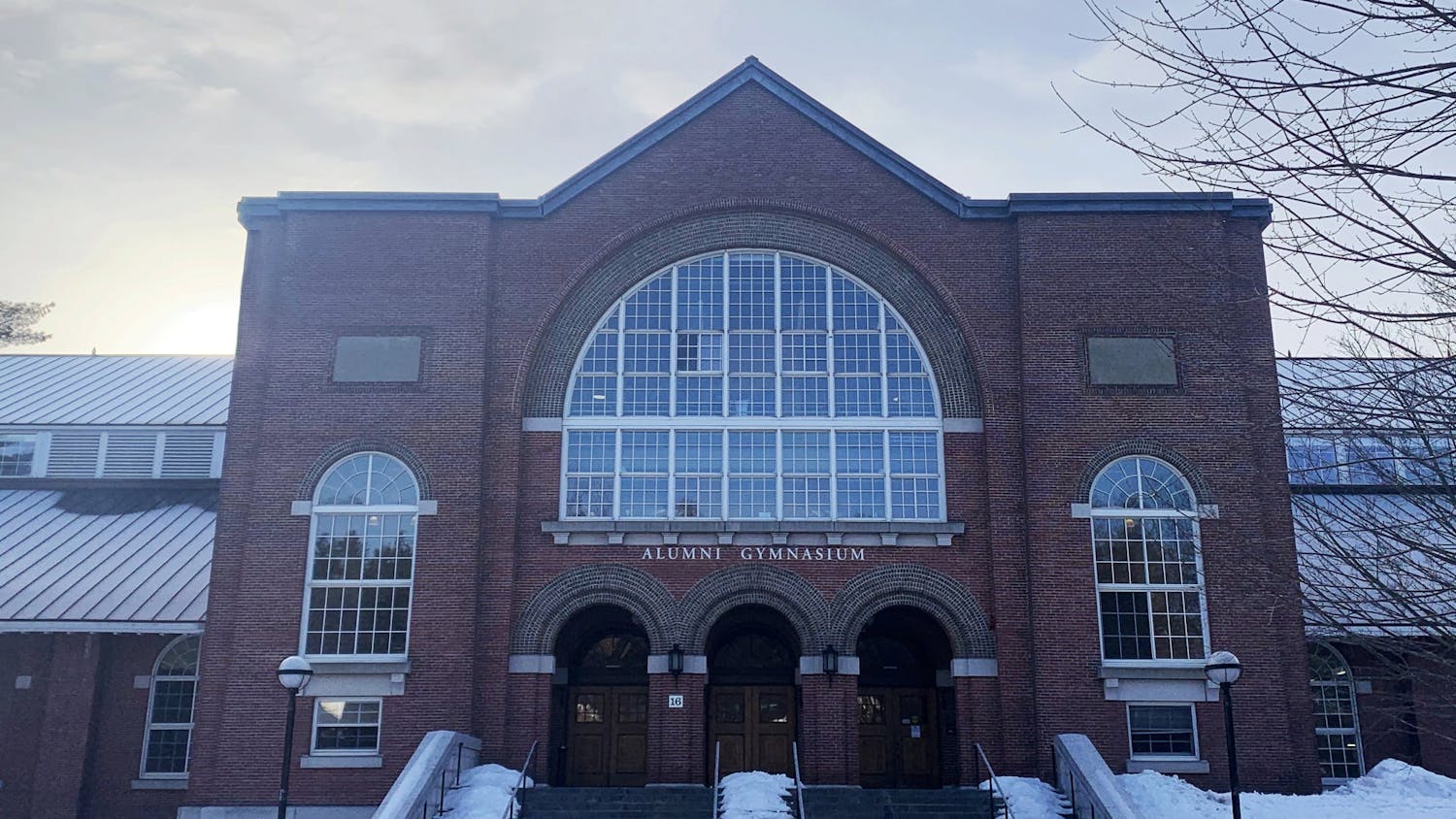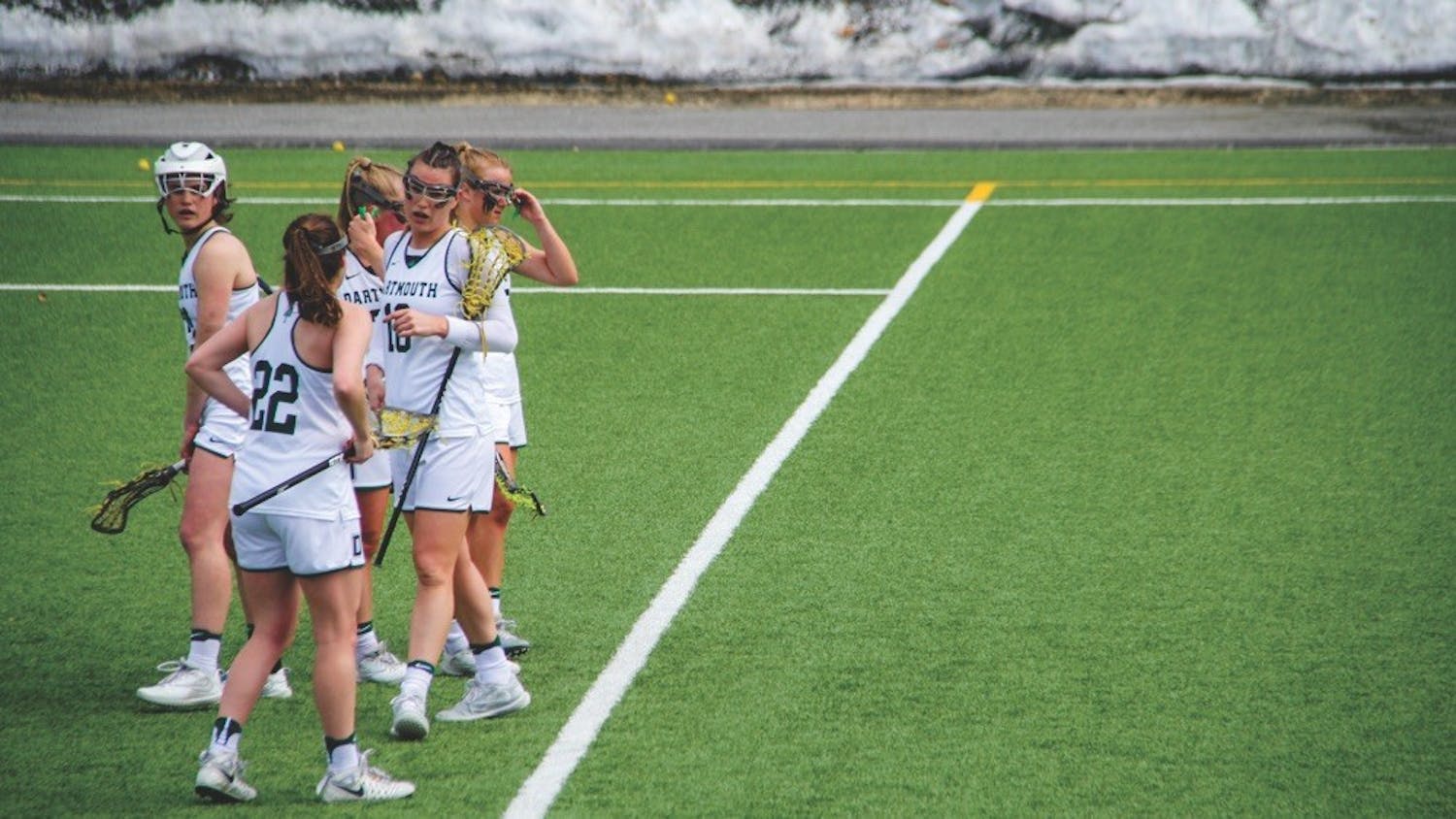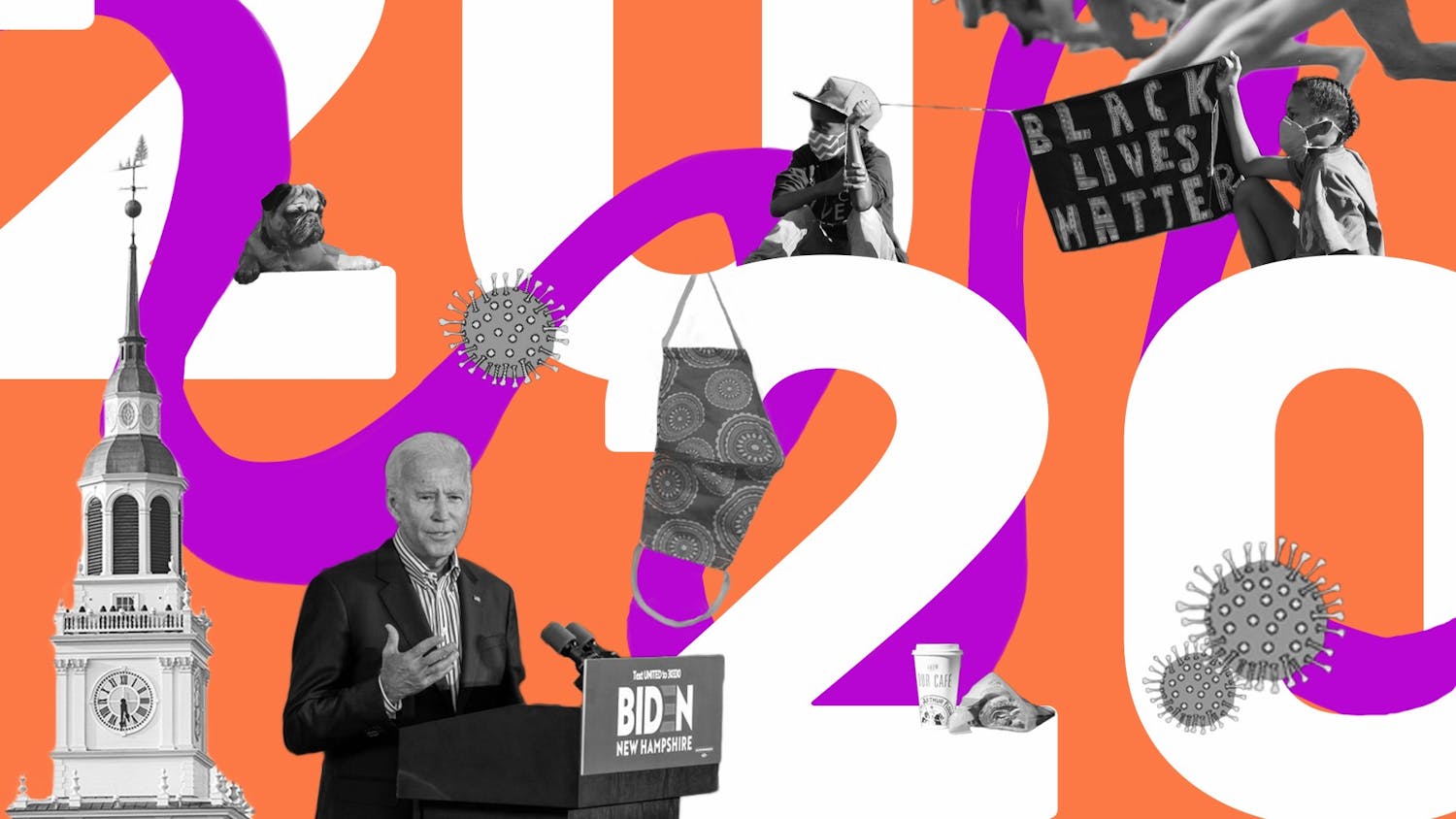On Thursday afternoon, the Ivy League announced the cancellation of all spring league competition and championships. The conference left open the possibility of non-conference competition, outlining a process that may allow for limited local competition during the spring.
The Ivy League Council of Presidents voted unanimously on the spring season guidelines, which include the cancellation of a conference spring season, the continuation of a phased protocol for training and practices and potential opportunities for local spring competition. Dartmouth’s affected spring sports include baseball, equestrian, golf, lacrosse, rowing, rugby, sailing, softball, tennis and track and field.
The Ivy League was the first Division I conference to cancel all spring varsity athletic events last March at the onset of the pandemic, and it was also the first in the nation to cancel both fall and winter sports. Eight of the 10 schools not participating in this year’s men’s college basketball season reside in the Ivy League: 347 of the 357 Division I programs are currently competing.
“We regret the many sacrifices that have been required in response to the pandemic, and we appreciate the resilience of our student-athletes, coaches and staff in the face of adversity during this difficult and unusual year,” the Ivy League presidents wrote in a press release. “While we would like nothing better than to deliver a complete season of competition, these are the necessary decisions for the Ivy League in the face of the health concerns posed by the ongoing and dangerous pandemic.”
The Ivy League’s decision comes despite pressure from alumni to return to competition. Former Dartmouth football player Mike Rabil ’06, a co-founder of the Premier Lacrosse League, partnered with former Yale University lacrosse player and billionaire businessman Joseph Tsai to attempt to fund a three-week Ivy League lacrosse tournament at a single site. According to the Wall Street Journal, Rabil and Tsai offered to cover the entire cost of the bubble, reportedly more than $5 million, but the conference presidents quickly rejected the plan. Other efforts included a letter written by Kansas City Chiefs president Mark Donovan, a former football player at Brown University, to Brown president Christina Paxson in favor of resuming conference competition.
The return-to-sport protocol will begin at “phase zero” with entirely virtual activities, and it will eventually culminate in a fourth phase that allows for limited local, outdoor competition. Progression between phases is at the discretion of campus officials and varies throughout the conference — no Ivy League school currently permits “phase four” activity.
Movement into the fourth phase will be contingent on relaxed policies regarding travel and campus visitors.The NCAA has categorized rugby as high risk for transmission of COVID-19, and it will not be permitted to move into the fourth phase, regardless of campus conditions.
Last week, the Ivy League Council of Presidents voted to break long-standing conference precedent and allow current seniors admitted into graduate programs to compete as fifth-year players. This policy extends to spring sport athletes, who are now missing their second consecutive season.
The Ivy League will issue a blanket spring sport non-participation waiver, granting spring sport athletes an extra year of eligibility. Even if scaled-back local competition occurs, the waiver will stand. The NCAA, however, has not issued such a waiver, meaning that Ivy League athletes who compete this season would not automatically be given an extra year of eligibility at non-Ivy League institutions. The Ivy League is working with the NCAA to achieve an exemption for Ivy League athletes with the understanding that if there is any competition this spring, it will be significantly limited.
A story with more information will be published in the near future.




